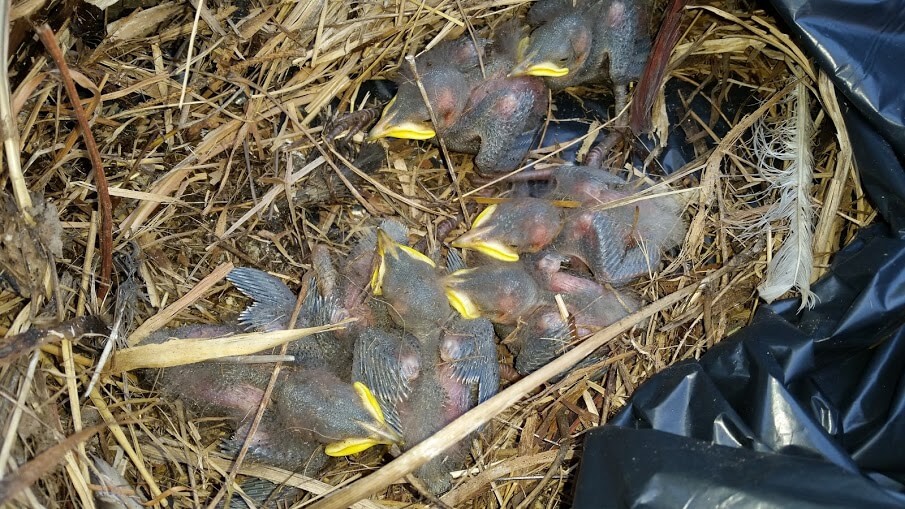Most people consider birds majestic animals, soaring above the trees, adding music to the natural world. While birds are beautiful and provide many environmental benefits, they can still become a nuisance, especially if they find your home particularly inviting. During nesting and egg-laying seasons, you might experience problems requiring the assistance of wildlife control Durham, but when do birds nest, and for how long do you need to worry about your home?
When Do Birds Lays Eggs?
Generally speaking, birds will nest and lay eggs during the warmer months in the north. Typically, the timeline ranges between early spring and late summer, but that depends on the species, elevation, location, and a number of other factors. Essentially, the best evidence of the egg-laying timeline is bird behaviour. Most species will act similarly when it is time to build a nest and mate, so if you want to know when birds will lay eggs, watch how they behave.
Understanding Courtship and Timing
As birds make their way north, you will typically see them breaking off into smaller groups, with some birds staying in certain areas and others flying elsewhere. If a group of birds stays put, they likely decided that the area is a suitable mating and nesting site. You will begin to hear bird songs and see males chasing other males out of their territory. The songs are meant to attract the females, allowing the males to select a mate. This mating dance often occurs earlier in the spring.
Building a Home
Following a partner’s courtship, the pair of birds will get to work locating a suitable nesting site. Each bird will contribute to the building of the nest, and they will not mate until it is complete.
Mating and Egg Fertilization
After the nest is complete, the pair will mate. The female will not lay an egg until the male has a chance to fertilize it. The entire process does not happen quickly. Mating and egg-laying can take many weeks, depending on the species.
Incubation, Nestlings, and Fledglings
Once the female lays the egg, it is both parents’ job to incubate the egg, at least with some species. Some birds take turns hunting for food and protecting the nest. Most often, the females spend the nights on the eggs, and the males take the morning or day shift.
Once hatched, the nestlings take up residence in the nest. You will often hear them chirping away when mom or dad land or leave the nest. The baby birds are pretty helpless at this stage.
Fledglings are juvenile birds with their first coat of feathers. They are more adventurous and will venture out of the nest without their parents. It typically takes a baby bird three weeks before it is ready to leave the nest.
Common Birds and Egg Laying Times
There are too many birds to describe in this post. However, some common species and egg-laying times include:
- Great Blue Heron, early March
- Cedar Waxwing, Pine Siskin, American Goldfinch, end of September
- Song Sparrow, February
Wildlife Control in Durham
There are so many bird species, and it isn’t easy to track their nesting behaviour unless you are an expert. Unfortunately for homeowners, by the time you notice birds nesting, it might be too late for your home, especially if birds find any vulnerable entry points adequate for a nest.
Skedaddle Humane Wildlife Control is here to help. With nature specialists and humane wildlife technicians, the company can help you prepare for nesting season and prevent damage to your home. Contact a Skedaddle technician and schedule a property assessment to learn what you need to do to protect your home without harming nature.





